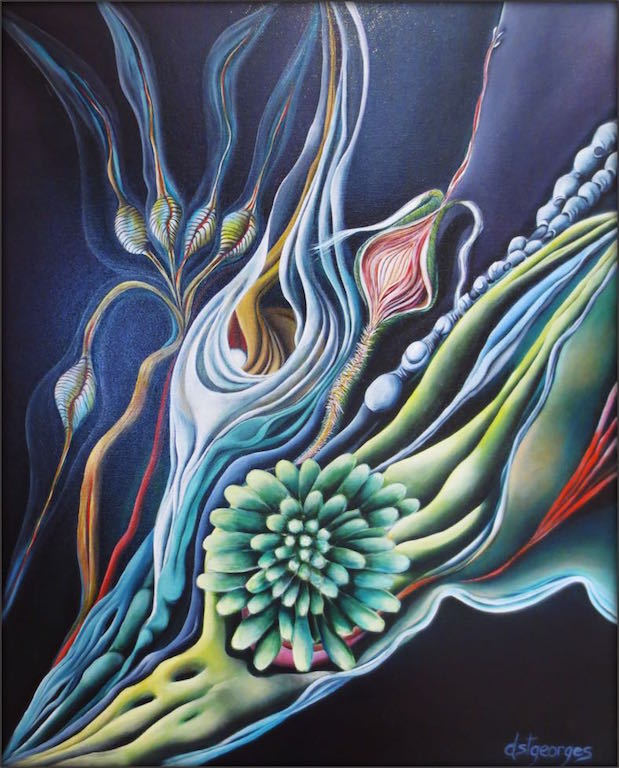A Sensory Experiment into Languages as (R)evolution
DOI:
https://doi.org/10.25071/1916-4467.40307Keywords:
languages, phenomenology, indigenous, embodied, pedagogyAbstract
How are we informed and transformed by tuning into our relationships to land, emotions, relations, and bodies within our academic pathways into languages? In this paper, we tell a story of our journey, as scholars, into how languages relate to land, historicity, bodies, and the ecosophical concept of ubuntu. Our discussion brings in the temporal and spatial multi-disciplinary lineage of languages, as an open space to re-envision, re-experience, and re-engage with our academic writing in new and ancient ways. We use multimodal layers of language ontology—from ecological, physical, historical, and intercultural perspectives—as a decolonizing, pedagogical process of (re)covering humanness. We use the particular example of academic writing and reading as a sensory experience to dive into languages as ontological ways of becoming human. And because we are academics (or failed magicians) we try to provide insights into theoretical and practical ways to transform this conversation into pedagogy.Downloads
Published
25-11-2016
How to Cite
Vaudrin-Charette, J., & Beard, C. (2016). A Sensory Experiment into Languages as (R)evolution. Journal of the Canadian Association for Curriculum Studies, 14(1), 128–144. https://doi.org/10.25071/1916-4467.40307
Issue
Section
Provoking Curriculum as Pedagogical Imaginaries
License

Copyright for work published in JCACS belongs to the authors. All work is licensed under a Creative Commons Attribution-ShareAlike 4.0 International license.


